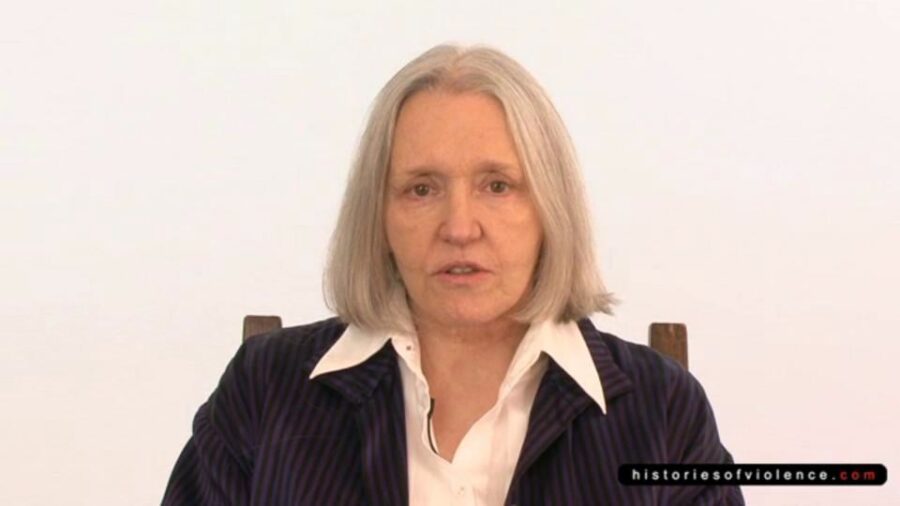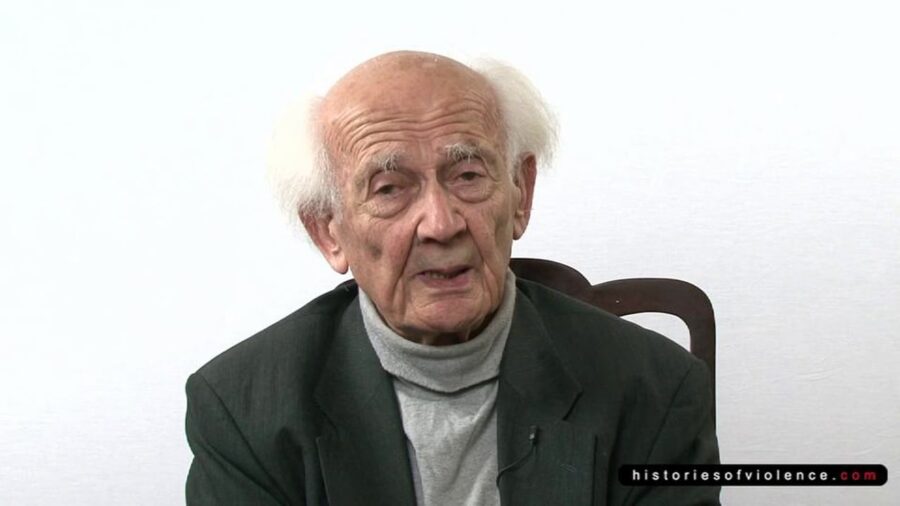I never compared notes with the other people about what they thought, though I do remember talking about it maybe two days later at a lunch that we usually had at the New York Institute for the Humanities. And people like Ronald Dworkin were there, and people like that. And I remember talking about this, just very briefly, that it felt like I was thinking about that building rather than the people and all that had happened inside. And I remember a couple of these people at the lunch really were offended. And that is when this new moralism began. I began to notice this new moralism that set in in the case of Manhattan.
Archive (Page 1 of 4)
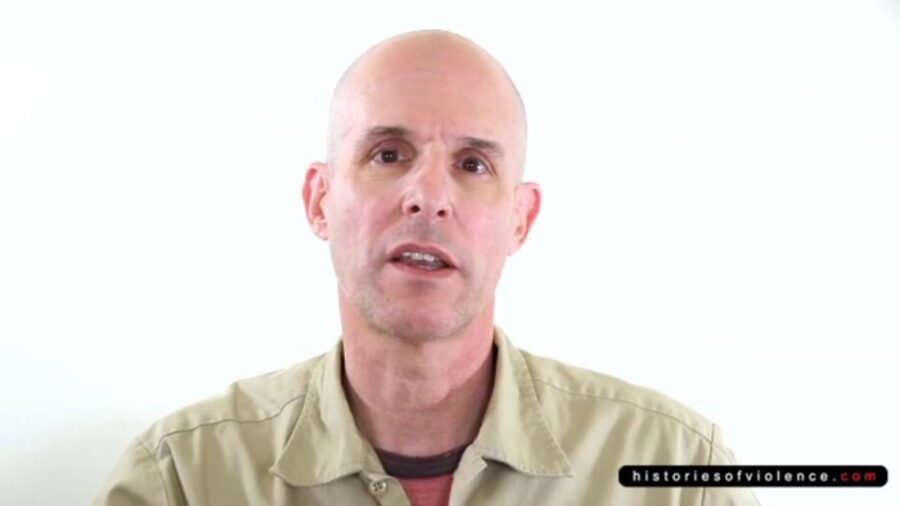
One of the things that seems to be a common theme, at least among some of the more thinking journalists, is that the US response to 9/11 over the last ten years has been a dismal failure. The US has not succeeded in its own policy goals. It hasn’t succeeded in making life better for the people upon whom its imposed its violence. In short, violence hasn’t worked. And so the question becomes not simply how ought we to have responded—that’s one question. But the question of what ought we to do now.
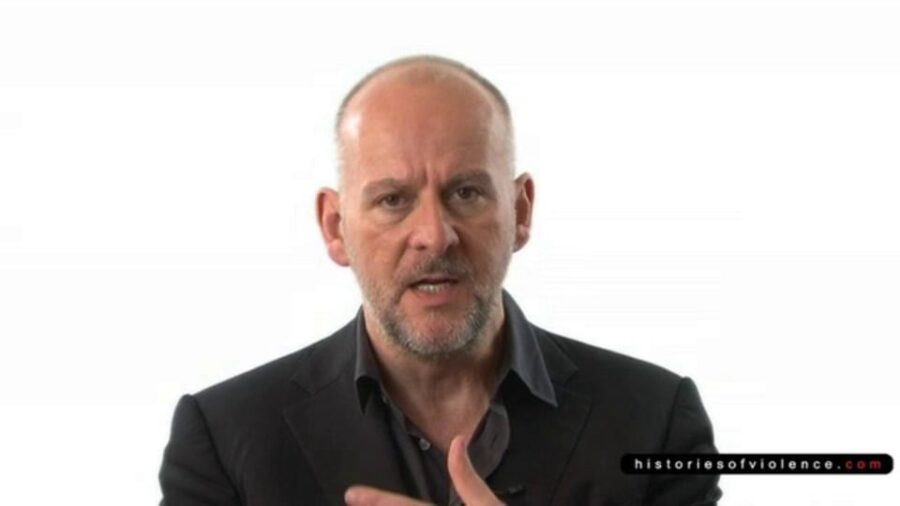
I want to start out from the thought that violence is not reducible to an act in the here and now which might or might not be justifiable in accordance with some or other conception of justice. On the contrary, violence is a phenomenon that has a history. There’s never a question of a single act, one act of violence, but of one’s insertion into a historical process saturated by a cycle of violence and counter-violence.
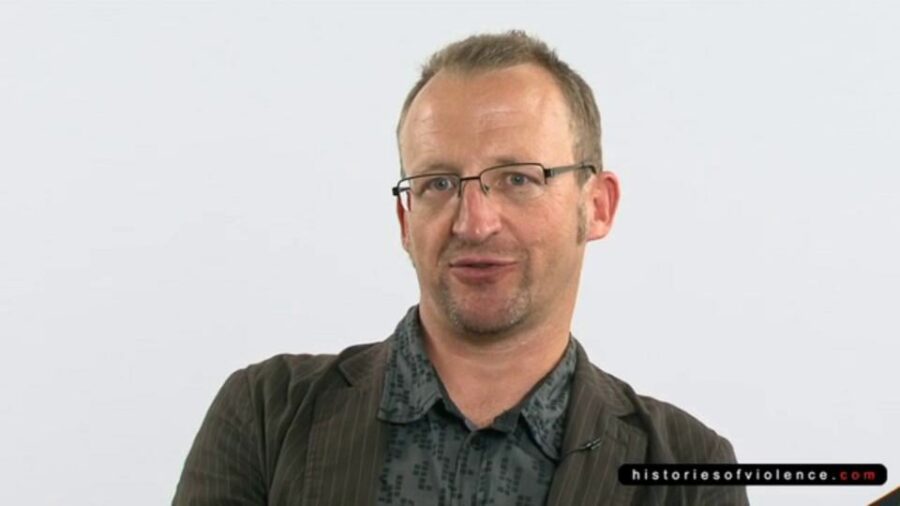
It was a spectacular event in terms of media impact and massive scale of urban terrorism. An event that was symbolic of a whole new sort of mode of political violence against the centers of the global economy—the so-called world cities, the world centers of financial, economic, and military power. And an attack orchestrated through means of electronic finance, through appropriating the infrastructures of the city to target the city. So I’m particularly interested in how it’s an event that has been used to underline the vulnerabilities of contemporary urban life.
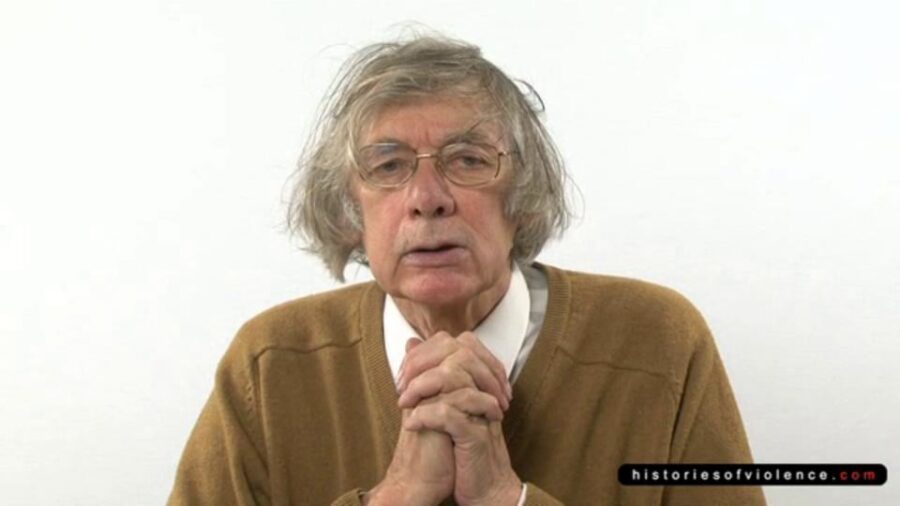
It’s a good day also to admit the great problems that attend to thinking about large questions. Large questions such as Palestine, and 9/11, and a number of others. We need to try to approach these problems in some sensible and rational way. We must not in the course of being rational lack all conviction while the worst are, as Yeats says, full of passionate intensity.
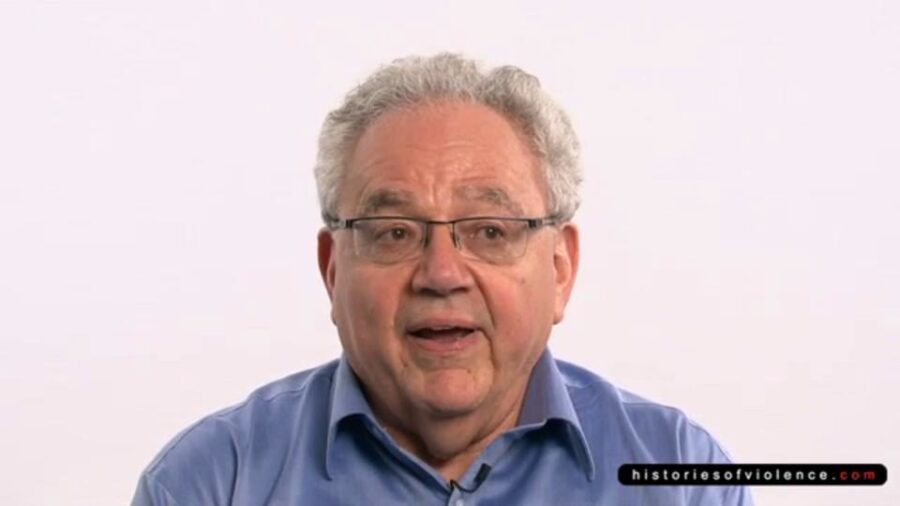
When I speak now about violence, I feel very much as if I’m speaking not about violence per se in a universalizable sense, but from a large but nevertheless limited cultural and historical tradition which one can sort of summarize and it remains very vague—let’s say a Western tradition, with a very specific religious, theological, political background defined among other things by a certain biblical set of narratives and a certain political cultural tradition growing out of that.
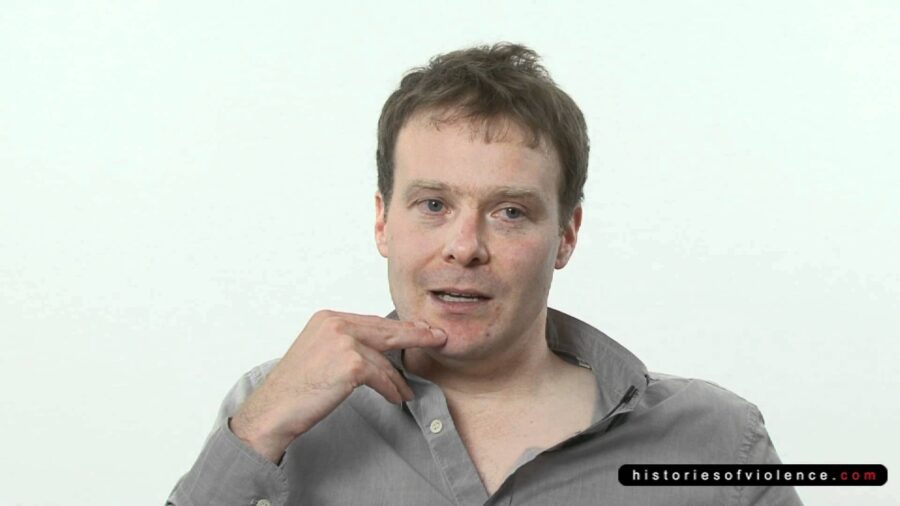
I’ve been rereading Sade recently, The 120 Days of Sodom, which I haven’t read since I was like 22 or something. And what really struck me…it was just a couple of weeks ago. What really struck me about it now is…well firstly the first sentence could have been written by Agamben, or in fact Naomi Klein, like yesterday.
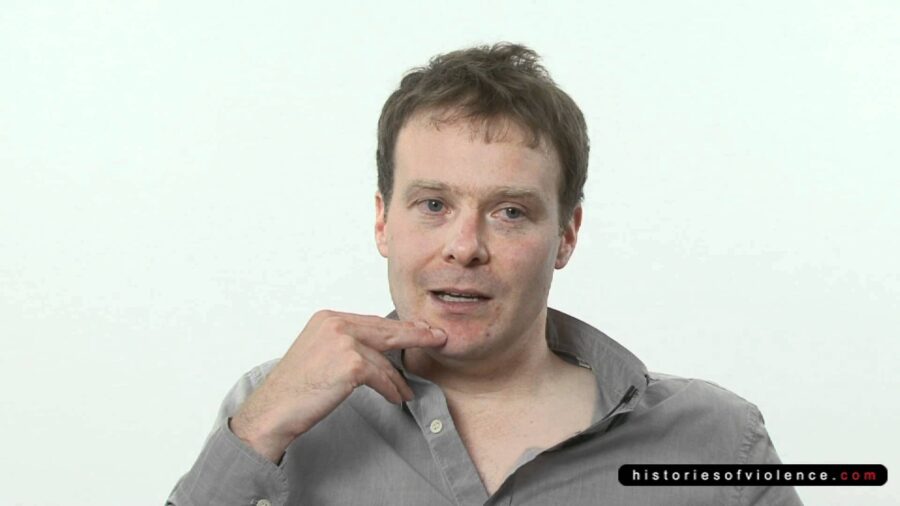
It seems to me that every political order has its kind of official crap art, you know. The official crap art of the Soviet regimes was socialist realism. And the official crap art of neoliberal regimes, or orders, is sentimental humanism.
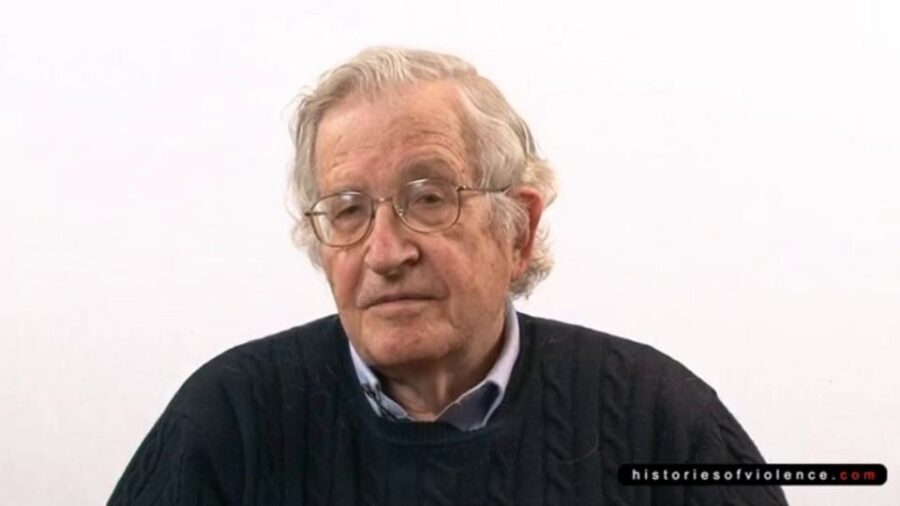
9/11, as everyone agrees, was a terrible atrocity, maybe the worst single terrorist crime ever. Undoubtedly had major consequences which we are living with. It may be useful to carry out a thought experiment and ask how bad it could’ve been. It could’ve been much worse.

